Well Tempered Simplex - £1,495
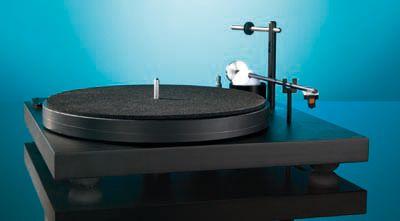
There are some radical turntable designs in the glorious world of analogue audio, but very few comparable to a Well Tempered product. The Simplex was first developed in the early eighties and this new entry-level turntable is still the least expensive in the Well Tempered range.
The design, unlike all other turntables, doesn’t have mechanical arm bearings; instead the arm pivots on a silicone-damped golf ball that hangs from a nylon filament thread.
Zero toleranceThe design was dreamt up by company founder William Firebaugh and was the result of research done by test and measurement company B&K is the late seventies. It concluded that tonearms need to be damped in order to avoid resonance. A point also picked up by the team at Cranfield university who came up with the front-end damping trough of the Townshend Rock turntable.
Firebaugh decided to focus on the arm bearings and eventually came up with a means of eliminating traditional ball races and gimbals altogether, by suspending the arm and using a paddle in silicone fluid to control it. Since then he has simplified the design to the point where a golf ball acts as the anchor point for the armtube and provides a surface which the silicone fluid in a pot beneath can control, or damp by absorbing resonance induced by the cartridge.
The three elements on the arm: rest, arm support and silicone bath, can be raised and lowered to change VTA and all are independent, so you can experiment with different degrees of damping by changing the bath height relative to the golf ball.
It looks like the ball is floating in the silicone, but it would sink if it were not supported by the nylon threads fixed to the post above, a single twist in this thread is all that exists in the way of anti-skating measures. You can easily see by now, why this design is called the Simplex.
The turntable itself is pretty straightforward as well, but incorporates some unusual features. It’s a solid MDF plinth with a painted finish that sits on three squash balls and supports a servo-controlled motor in an anti-vibration mount, and speed change is via two small pulleys. Drive is achieved with a polyester thread; a very fine filament that has a knot in it – we are told that it’s easy to make a new one if this one breaks. The platter is made from black acrylic and sits on a Teflon bearing that WT describes as ‘zero tolerance’– it consists of a stainless spindle in a triangular shaft, aligned so that the motor pulls the spindle against two flat edges.
The back panel of the plinth has the on/off switch alongside a fine-speed adjusting screw – WT supplies a full-size plastic strobe disc with which to set this up and it doubles as a dust cover for the platter. The platter comes with a foam mat, the use of which is optional and we found that static attraction means it’s inclined to come off when you remove the record as is so often the case with felt mats.
There are further tonearm features that warrant a mention. It’s a nine-inch aluminium arm that’s damped with a specific grade of sand and more controversially the headshell does not move, nor allow movement of the cartridge mounting, so lateral tracking- alignment is fixed. This makes for easy set-up, but does have us wondering how precise alignment can be achieved given the variation in stylus-tip-to-mounting-hole- distance that you get with different cartridges. It’s worth noting that there is not an arm cable sprouting from the deck, just a pair of RCA phono sockets à la Pro-Ject.
Numbers gameThe Simplex is professionally, rather than elaborately built. By comparison with the Michell Gyro SE, that we reviewed last month (HFC 346), it’s rather on the plain side – there’s a distinct absence of high-quality finishes and shiny brass weights. The Simplex is sensibly put together, however, and looks like it will last. but we get the impression that you are paying for the design expertise and the resulting sound quality rather than pure engineering. There is also the fact that you get a unique tonearm, which is difficult to put a value on because it’s not something you can buy on its own and fit to another turntable (for fairly obvious reasons), yet in engineering terms its extremely simple.
What makes it expensive is the relatively small production runs required – the Rega arms which you find on turntables like the Michell have been around for 30 years, so unit costs are very low. This turntable has closer parallels with the Townshend Rock 7, it’s a technologically advanced product that’s made in small numbers for the more adventurous audiophile.
The turntable is easy to set up if you are careful with your silicone fluid (and if you aren’t it can be cleaned up with lighter fluid) and straightforward to use. There is a finger lift supplied, but it’s sonically preferable to select tracks by holding the armtube at the bearing end, which isn’t as nerve-racking as you might imagine. WT supplies an electronic downforce gauge in the box and the arm comes with two counterweights that can be used singly or together.
Thrill powerPear Audio distributes both WT and Dynavector, so it naturally offered us a Dyna cartridge to use on the Simplex. We opted for the DV-20X2L (HFC 342), which sounds absolutely thrilling. Initially it comes across as being revealing and assured, if not weighty, but the quality of pace and dynamics means that it’s easy to appreciate all the excitement and tension in the music.
Drums have a real kick to them and harmonics are particularly well- preserved, which gives background sounds a degree of palpability that’s unusual. Low-level detail is also generally well-preserved, which fills out the musical picture and gives the key elements of a piece excellent depth of tone and solidity of image.
This solidity comes down to the calmness of presentation, combined with very impressive bass texture and timing, so bass guitars have plenty of nuance and pianos can produce a solidity of reverb that other turntables fail to resolve.
Our calm and objective assessment of this turntable was going well until Tom Waits’ bongo-fuelled Trouble’s Braids fell under the stylus. It was then that it became difficult to sit still. A situation further exacerbated by some classic ZZ Top. This explains why a WT- fronted system we encountered at CES earlier this year had such an engaging sound – it too was spinning the Texan trio.
The squash ball feet do a reasonable job of keeping resonance away from the cartridge, but moving the Simplex from a solid support to a Townshend Seismic Stand does tidy things up significantly. It reduces hash in the sound and allows a clearer perspective on the recording.
Led Zeppelin’s Houses of the Holy developed even greater power and really started to chug. Removing the foam mat makes the turntable more lively and forward in the midrange; cymbals becoming more obvious as a result, but overall we preferred the slightly more relaxed sound with it on.
We’re hookedThis cleverly conceived turntable does what few others can. It draws you into the music and holds you in its grip. So whether the tunes are upbeat and lively, or dark and mysterious, you feel like it’s there in the room and that you’re missing out if you don’t pay attention. It doesn’t have the bass grip of a Rock but it will give pretty well any other sub two- grand turntable a serious run for its money in the all important musicality stakes.
Some will be concerned about he inability to adjust tracking angle, but there’s nothing in the sound to suggest that the resulting distortion that Firebaugh describes (see Q&A) undermines the listening experience.
It’s far easier to hear why hard bitten Linn LP12 enthusiasts have gone over to its bigger brother: the Amadeus, as there’s something pretty damn addictive about the Well Tempered sound.
LIKE: Superb timing makes for a n engaging sounding turntable
DISLIKE: Not as engineered as some alternatives. Fixed tracking is controversial
WE SAY: One of the most entertaining turntables in its price range
DETAILS
Product: Well Tempered Simplex
Origin: China
Type: Turntable and arm
Weight: 6.6kg (wet)
DIMENSIONS: (WxHxD) 150x380x380mm
Features:
• Silicone-damped fluid-bearing tonearm
• Polyester drive belt
• Manual speed change 33/45
• Strobe disc and digital scales included
DISTRIBUTOR: Pear Audio
Telephone: 01665 830862
Website: welltemperedlab.net
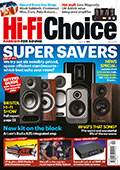 |
Inside this month's issue: Arcam Radia A25 integrated amp, iFi Audio iDSD Diablo 2 DAC/headphone amp, Eversolo DMP-A8 streamer/DAC/preamp, Line Magnetic LM-845IA valve amp, Record Store Day Spring Drop, standmount loudspeaker Group Test and much, much more
|
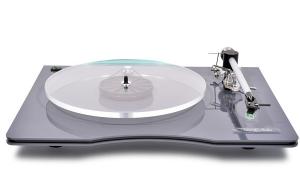
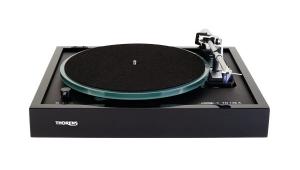
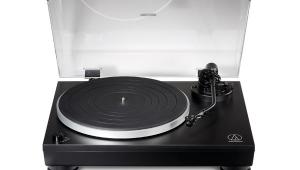
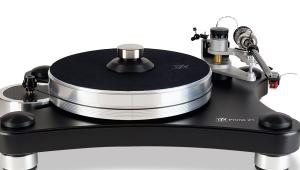
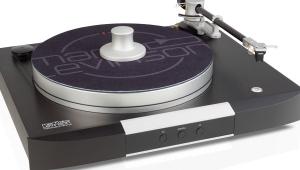
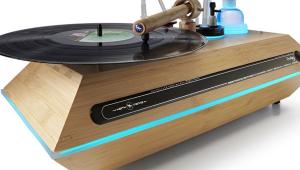
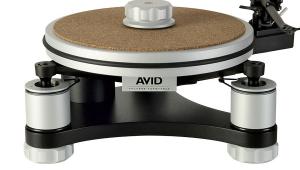
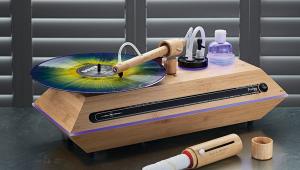
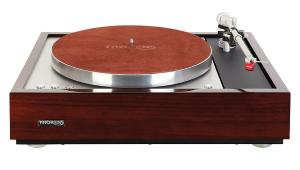

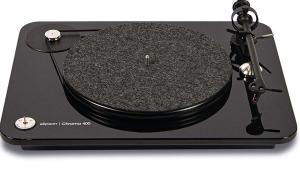
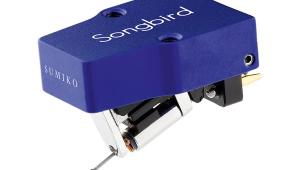
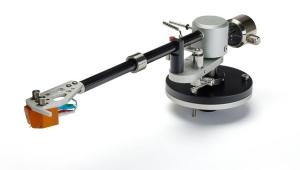
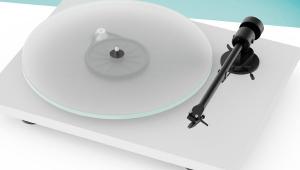
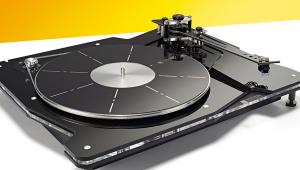
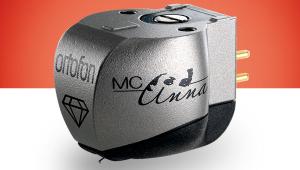
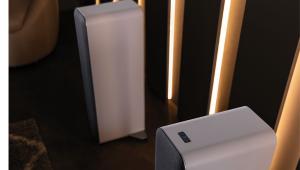
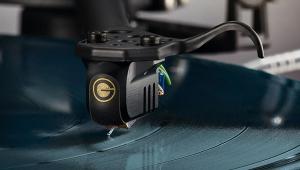
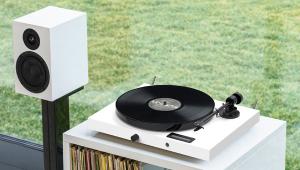
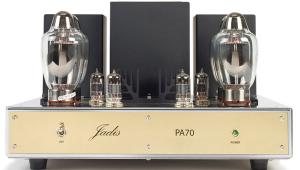
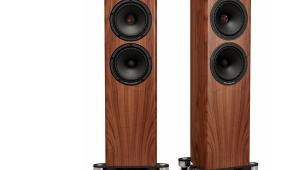
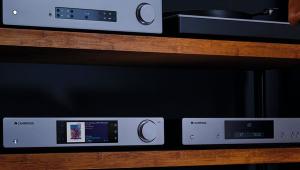
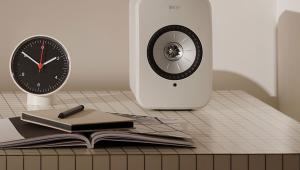
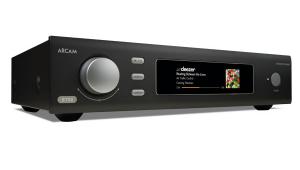

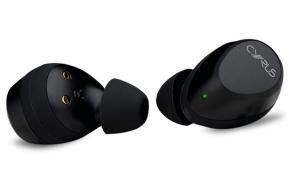

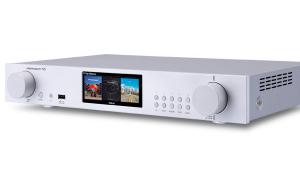
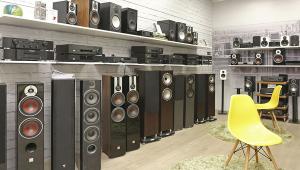
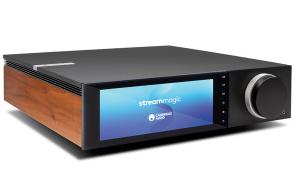

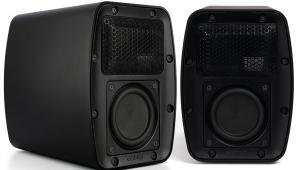
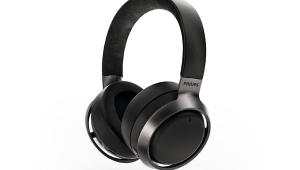
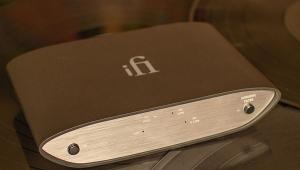
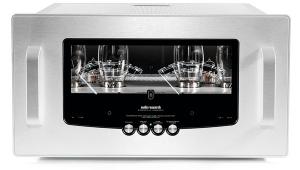
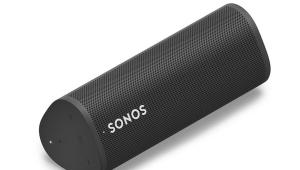
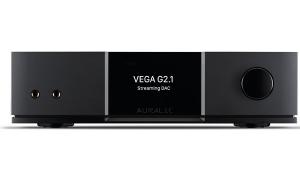
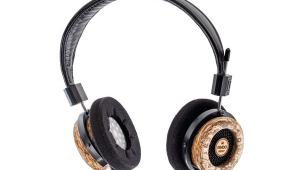
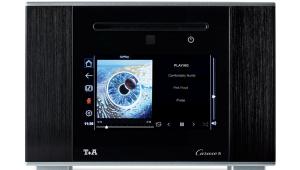
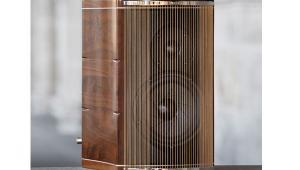
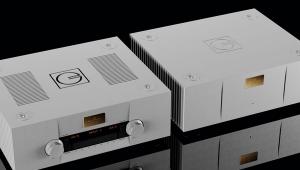
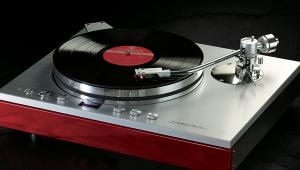
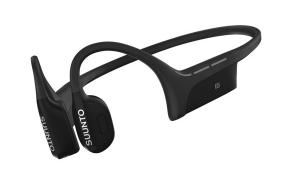
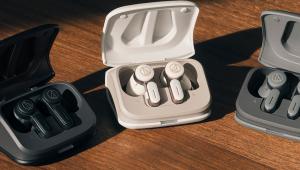
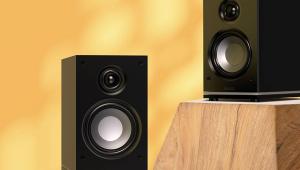
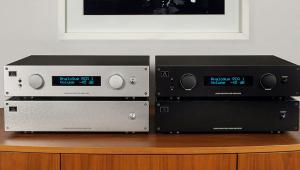
.jpg)



